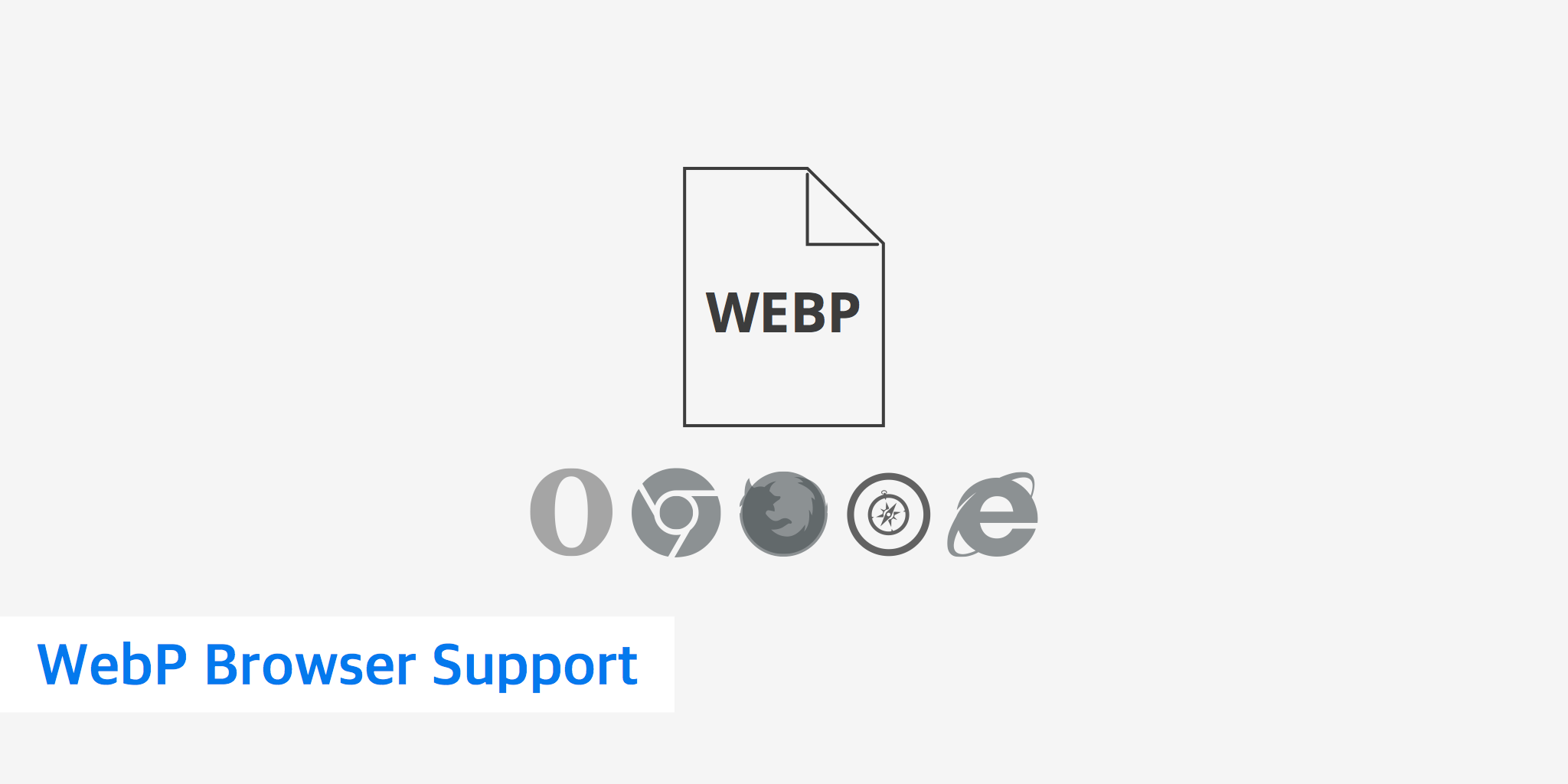The State of WebP Browser Support

On September 30, 2010, Google released an open source image format called WebP. Fast-forward to today, most browsers widely support it. It has had many improvements to the library code base and is used by some as an entire replacement for PNG and JPEG images. WebP achieves a 26 percent better lossless compression ratio than PNG and a better lossy ratio, which ranges between 25 percent and 34 percent than JPEG. Furthermore, WebP supports transparency without increasing the file size by more than 22 percent.
WebP browser support
According to caniuse, 96.3% of browsers currently support the WebP image format. That would include Chrome, Firefox, and Edge. The WebP image format is not supported only by Internet Explorer 11 and the KaiOS browser. However, both browsers account for just 0.577% of the market share.
Although not all browsers support the WebP image format, it's important to note that, if set up properly, your website's images won't appear broken for these browsers. Rather, unsupported browsers will be delivered the default image format, like PNG or JPEG, but only if you are using an appropriate WebP integration solution. It's also important to note which browser has the greatest market share (Chrome) and what percentage of your website visitors are using a WebP supported browser. Reviewing this information should help you better decide whether it will be advantageous to convert to WebP images.
Although the list above shows which browsers currently natively support WebP, it's also worth mentioning that other browsers can also display WebP images by using an "add-on" of sorts. For example, if your browser supports WebM you can use a JavaScript shim such as Weppy to display the WebP images.
Summary
Over the last decade WebP has made significant improvements and now the most used browsers nearly all support the WebP image format. This is a great accomplishment because now more users can benefit from the advantages that WebP certainly offers over PNG and JPEG. Many large companies like eBay and Facebook are actively using this image format to help save bandwidth thanks to the compression improvements. Additionally, the support for WebP is growing beyond that of just web browsers as more and more CMSs and platforms are providing users with methods of delivering WebP formatted images.
As WebP is able to cut down on image sizes, this format makes it very attractive to website owners who want to reduce both the cost of their bandwidth and increase visitor satisfaction. Read our WebP Support article for a complete breakdown of WebP support availability.